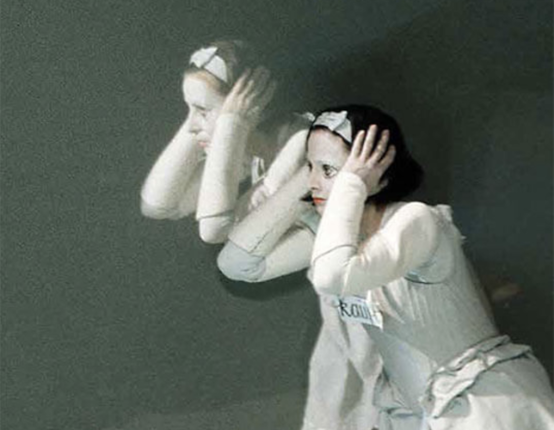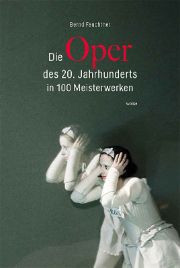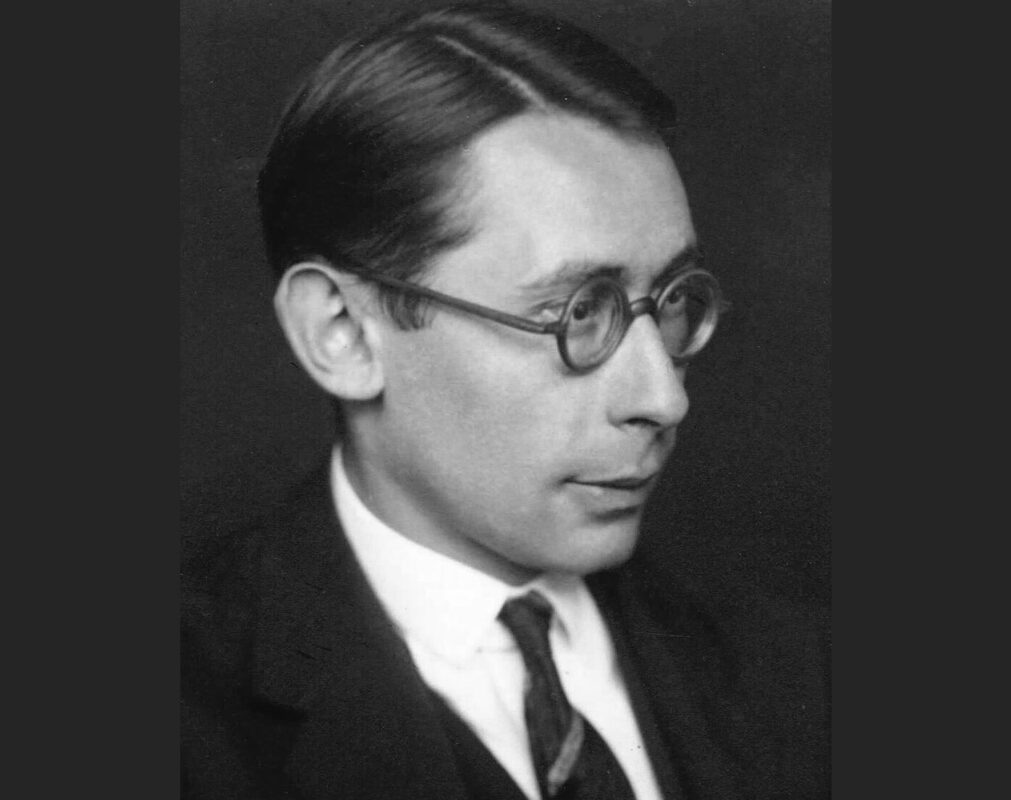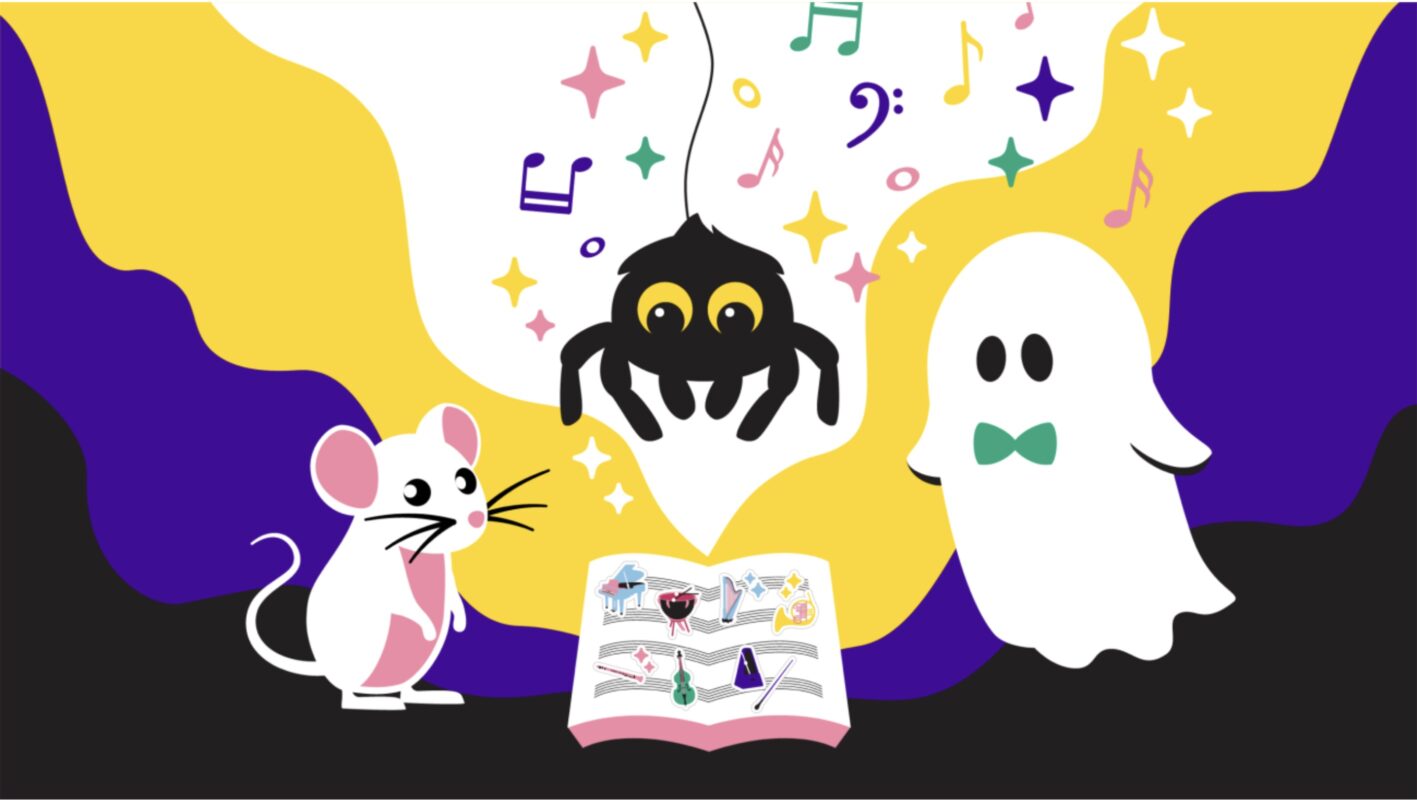In 100 operas through the 20th century
Each composer appears only once in this selection of works compiled by Bernd Feuchtner.

This Bernd Feuchtner can be given the surprising title Opera of the 20th century in 100 masterpieces He was a music journalist for twenty years, then dramaturge, opera director, lecturer at various universities and is now a freelance author. With Pfitzner's Rose from the love garden (1901) and Debussy's Pelléas et Mélisande (1902), he continues with Isaac Albéniz' Merlin before moving on to Puccini's Madama Butterfly (1904), each time with introductory basic data on libretto, duration, roles, premiere, venues and language.
He consistently adheres to the rule of including only one work by each of the 94 composers and 6 female composers in the overview of the century, with Ethel Smyth with The Wreckers from 1906 was the only opera composer to be included before 1975. Thea Musgrave, Adriana Hölszky, Meredith Monk, Olga Neuwirth and Kaija Saariaho followed with their masterpieces up to 2000. Othmar Schoeck is the only Swiss composer to be included with his Penthesilea (1927), between King Roger by Szymanowski and The miracle of Heliane by Korngold. The author adds that James Joyce was an admirer of Schoeck's "colorful orchestral cantata Buried alive" was.
Here one does not encounter a dry recounting of the plot and performance numbers, but a very personal experience, assessment and classification. Feuchtner has a pronounced talent for narrating opera plots attractively or summarizing them concisely, but also for establishing references to the cultural environment of the time or explaining reception difficulties. With Krzysztof Penderecki's opera The devils of Loudon the path of Poland's gradual liberation as a satellite of the Soviet Union is shown, which began in 1956 with the founding of the Warsaw Autumn Festival. Feuchtner also draws on his own experiences as a dramaturge and describes his first impressions of a work, but also his disappointments.
Theodor W. Adorno is described as the most influential music theorist of the 20th century, but his misjudgments regarding Sibelius, Britten and Shostakovich are not concealed either. In four material-rich digressions, Feuchtner places opera in the context of contemporary political events: "The path of the Verists into the arms of Mussolini", "Political opera in the USA", "Opera in Latin America", "Berlin, capital of the GDR". In the extensive introduction, he writes: "Far more than ten thousand operas were composed in the 20th century. I was able to get to know hundreds of them as a journalist [...] and in theater practice." And this has resulted in this opera book, which is well worth reading in every respect.
Bernd Feuchtner: The opera of the 20th century in 100 masterpieces, 688 p., richly illustrated, € 39.80, Wolke, Hochheim 2020, ISBN 978-3-95593-250-3









